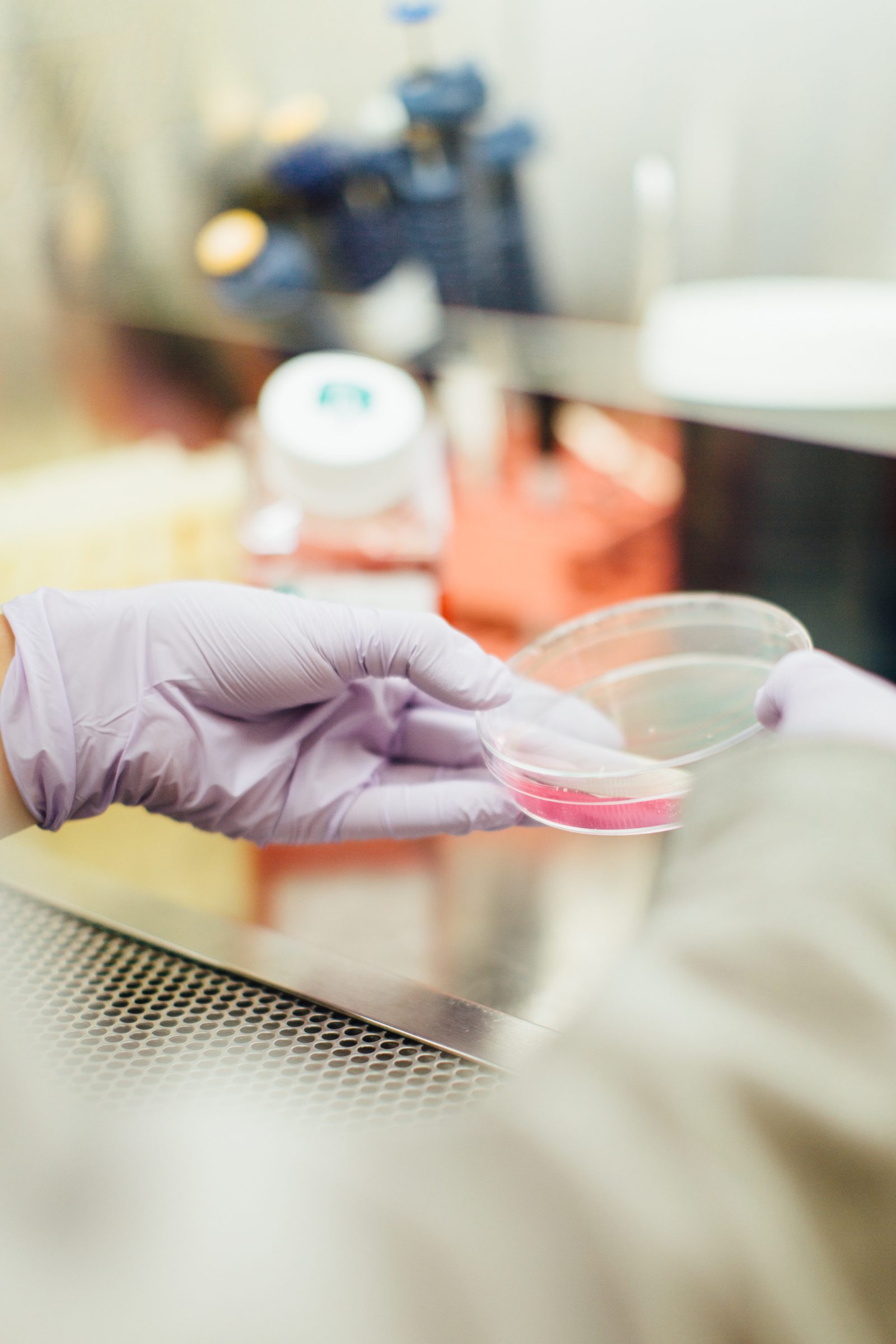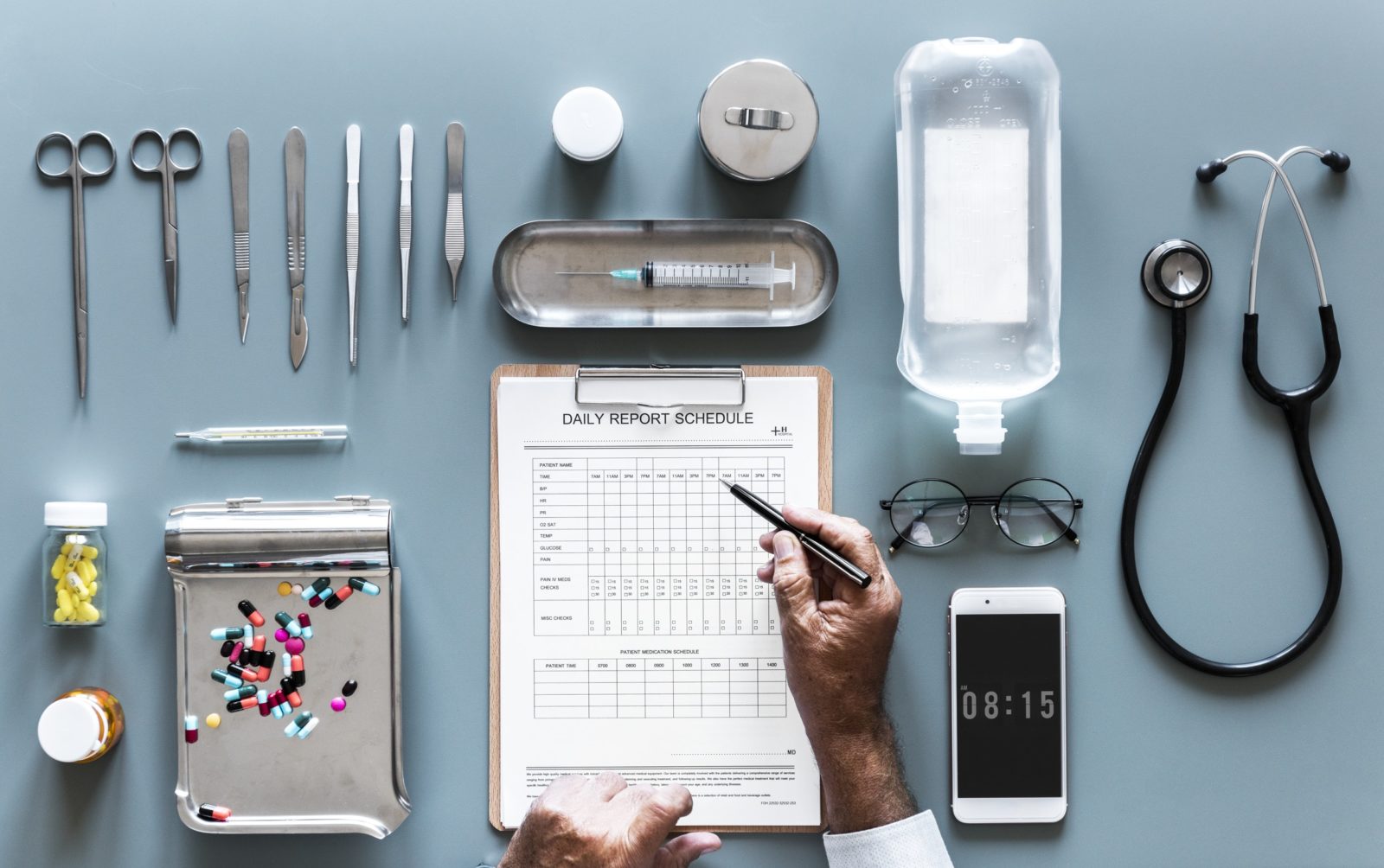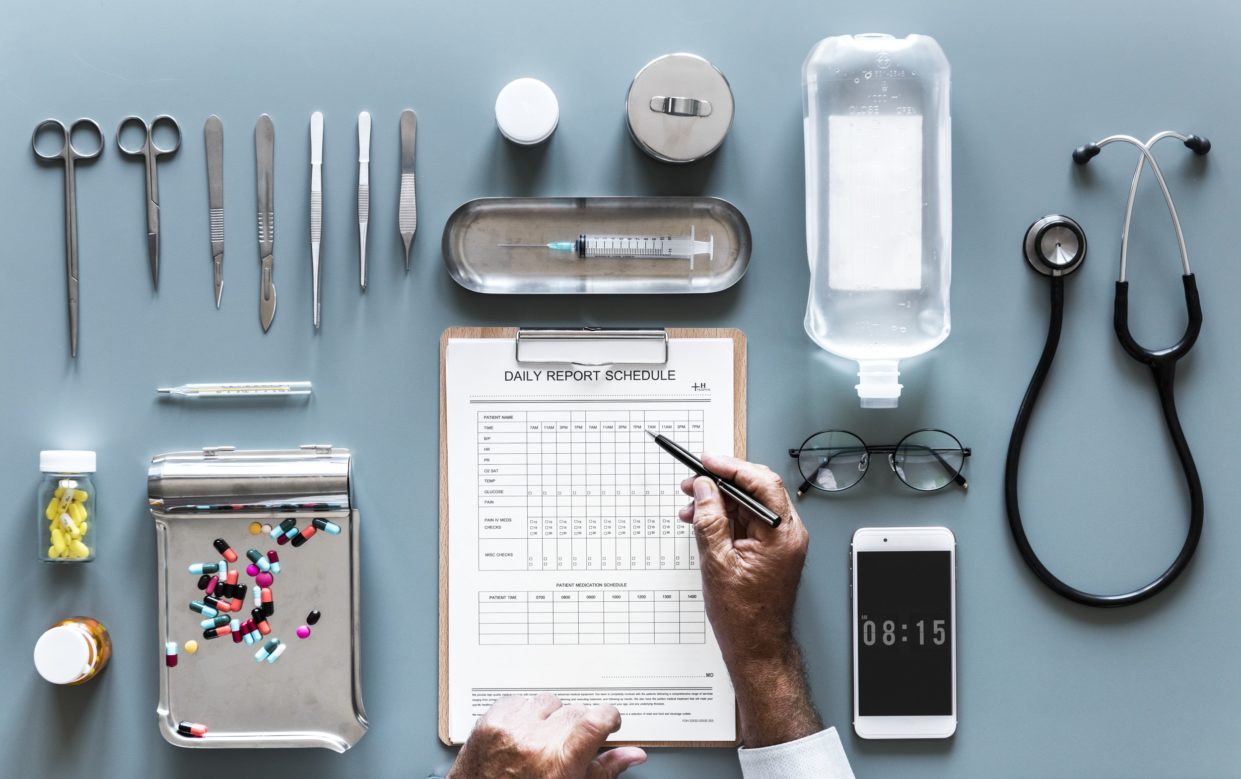Artificial intelligence is no longer something you can only see in science fiction movies; it is now an integral part of the medical system and it will lead to changes we could’ve barely imagined just years ago.
Machines are getting better at learning how to outperform humans in terms of the speed with which they complete certain tasks, as well as the efficiency, the costs and accuracy.
The presence of artificial intelligence in healthcare could mean that many medical procedures which required the contribution of qualified personnel can be automated.
As a result, doctors would be able to direct their attention to more significant issues and patients would have unprecedented access to medical service.
If this has sparked your curiosity, then you would be interested to know of the many uses of artificial intelligence in healthcare. This article will showcase a list detailing some of these innovative solutions, so keep on reading, but bare in mind that this is only the tip of the iceberg!
1. Helps Us Stay in Shape
While many of us never stopped thinking about it, artificial intelligence is an instrumental part of the apps, programs and other medical software we use to track information about our health condition.
And many of these health apps are used daily by people all around the world. The result is a vast database which contains critical information about the user’s health and lifestyle.

In this example, what artificial intelligence does is to sweep through these large amounts of data in order to offer users a proactive management of our lifestyle, by offering individualized guidance.
For example, the running apps on our phones skim through information, such as running speed, in order to deliver an individualized action plan.
Over time, the app can “learn” about a user’s lifestyle and know when you are most likely to work out, for instance, and send you notifications or reminders at the optimum time.
2. Better Share Medical Knowledge
The addition of artificial intelligence in healthcare can be used to improve the sharing of knowledge between doctors working in different parts of the world.
The machine would gather and analyze information from various medical databases created by medical professionals from across the world and identify patterns. Thus, for example, it would allow a doctor who is struggling with a case to identify similar cases and the course of action taken by other experts.
This entire information can be synthesized into something as simple as a smartphone app, making it convenient for doctors to access it at all times.

3. Simplifies the Research of New Drugs
Drug research is a costly process. Not only does it require a lot of funding, but it also requires qualified personnel and an enormous amount of work.
In the field of drug research, for instance, it can take up to 12 years for a drug to be released. In all these years, it is kept in the lab phase where as many as 5, 000 drugs are being tested.
From all of these, only five make it through to preclinical testing, where eventually, only one drug will be approved for public release.
Medication research is a more recent application for artificial intelligence in healthcare and it’s meant to help streamline the process of drug discovery and repurposing.
What artificial intelligence does, in this case, is to gather and analyze data from research files and identify the potential effects it might have on subjects.
As a result, by advancing the trial and error process researchers are going through, it can significantly cut down the time and costs needed for drug development in the future.
4. Helps to Accurately Detect Diseases Early on
In most cases, early detection is critical to successful treatment. That being said, many early screenings are often inaccurate and the disease may go undetected until the later stages.
For example, in the screening of cancer, many early-stage mammograms display unreliable or false results, which leads to many women being misdiagnosed as either having or not having cancer.
Artificial intelligence can be paired with devices which can process health information gathered from patients. This information can be used to oversee a patient’s condition and monitor the development of a certain disease.

In the case of mammograms, artificial intelligence could be used to speed up the reviewing and interpretation process to a point where it could be commonplace to have such screenings.
Besides the convenience of speed, artificial intelligence can also make mammograms be more accurate than ever before.
5. Assist Doctors During Treatment
Artificial intelligence can help doctors employ a more efficient approach towards disease management, as well.
Through the way AI systems can file and process information, doctors can get easy access to health records of individuals who are undergoing long-term treatments and carefully monitor their situation.
This helps doctors get a clear profile of their patients’ health situation. It can also identify and prevent the risk for patients to suffer adverse episodes as a result of their treatment.
And that is not all.
When it comes to complex medical procedures, such as operations, robots assisting doctors is not anything new. However, with the addition of artificial intelligence, technology-assisted treatment is taking things to a whole different level.
Soon, an intelligent doctor may be able to take over many of the responsibilities doctors have today, such as interacting with patients, asking them questions, coming up with a diagnosis and putting together a treatment plan.
6. Improve Access to Reliable Medical Diagnosis
Tech companies around the world have been applying machine learning to scan through large data samples of medical files, health records and journals in order to streamline the process of releasing diagnoses.
The aim of such a process is to make use of learning algorithms to sweep through many case studies and documented symptoms in order to issue a medical diagnosis to any individual, at a faster and more reliable rate than a human could.

This effectively democratizes the medical diagnosis, allowing people to receive accurate information about their condition without the need for a clinician to be present.
Or, it can simplify the visit to the doctor, by cutting out unnecessary procedures such as paper filling. Both doctors and patients can simply resort to the machine to take care of bureaucracy, while they can effectively spend their meeting focusing on health-related issues.
Begin to Experience the Benefits of Artificial Intelligence in Healthcare
The examples highlighted in this article are only a few cases showcasing the benefits artificial intelligence has for the healthcare system.
If you’re interested to experience some of these benefits for yourself, you can do so right now!
Diagnosio is an app which allows you to check your symptoms and get better clear-cut information about your health condition than just searching on the internet.
It helps you avoid the unnecessary risks of searching for your symptoms on the internet and receiving confusing information. So start your free trial right now for a safer and more and reliable way to check your symptoms!

